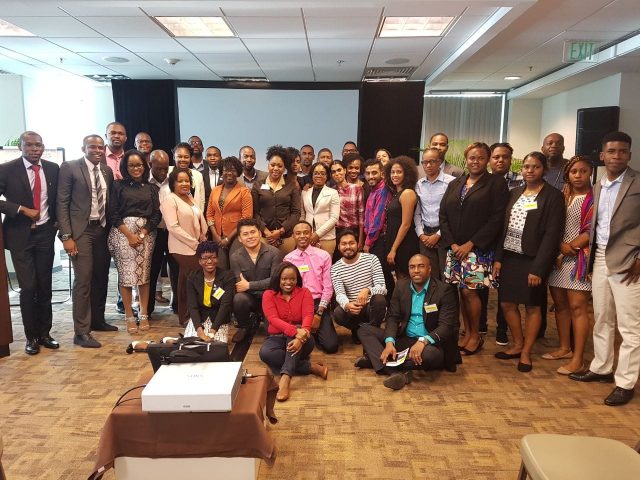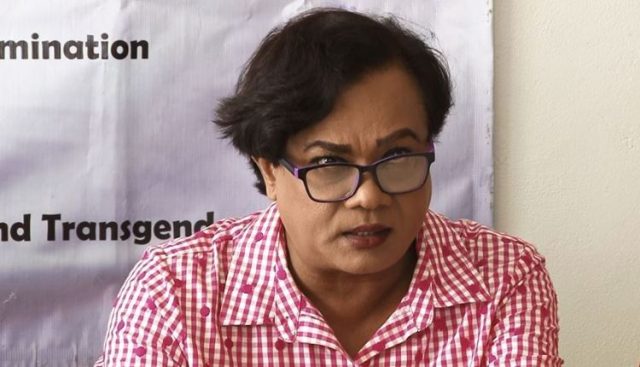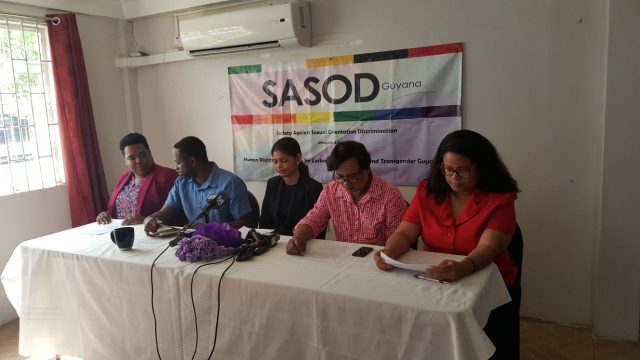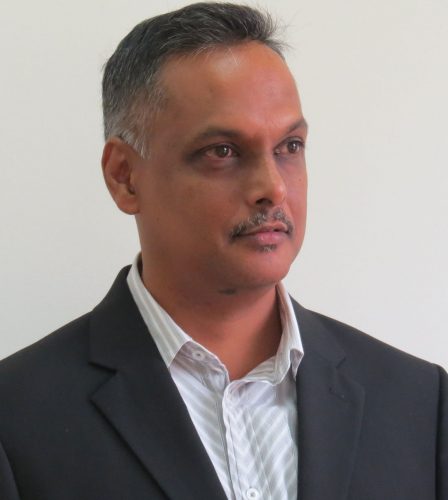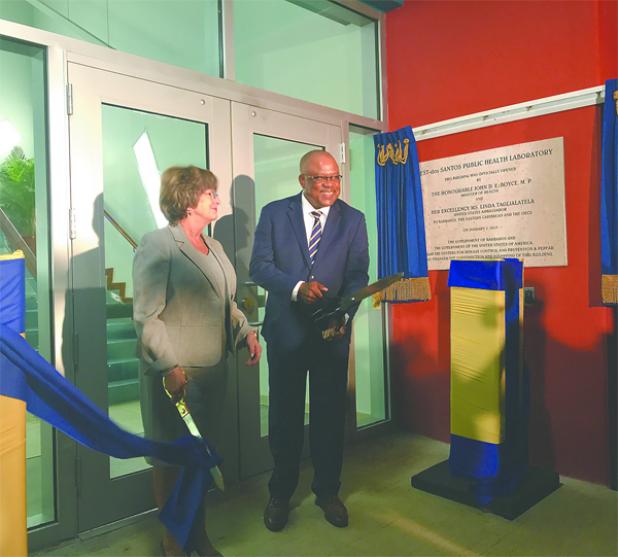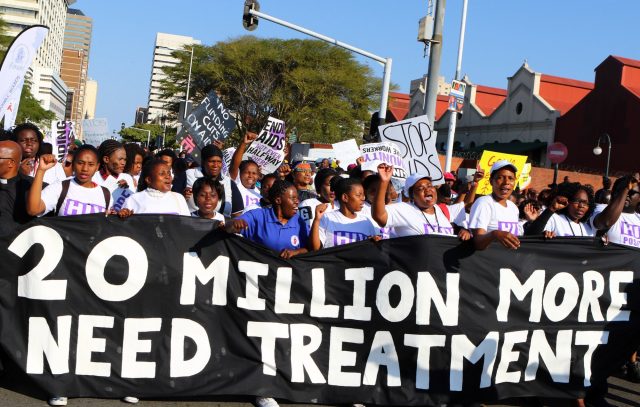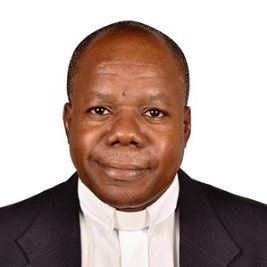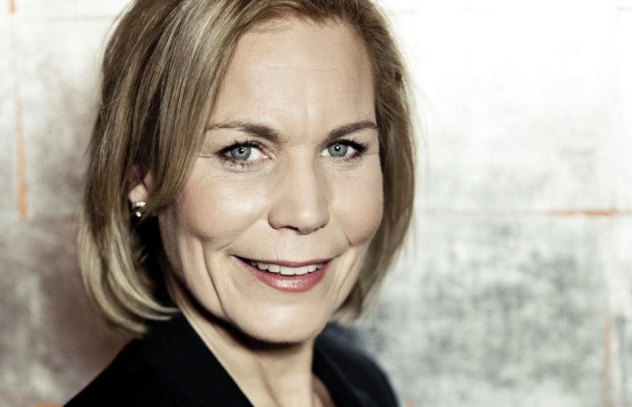Thursday, January 18 2018 (PANCAP Coordinating Unit, CARICOM Secretariat): The Pan Caribbean Partnership against HIV and AIDS (PANCAP), the mechanism that provides a structured and unified approach to the Caribbean’s response to the HIV epidemic, will host the PANCAP Training to Strengthen Advocacy Skills of Youth Leaders, 19-20 January 2018 in the Republic of Trinidad and Tobago.
The intervention builds on the PANCAP Meeting of Youth Leaders held on April 21 – 22, 2017 in which youth leaders from 19 countries discussed and agreed on a Regional Youth Advocacy Framework for Sexual and Reproductive Health and Rights.
The training intends to mobilize Caribbean youth leaders to advocate for substantive policy changes across the region in support of reducing their vulnerability to HIV infection by improving access to HIV combination prevention, care, treatment and support services, in recognition of their sexual and reproductive health and rights.
The activities will encompass the development of the capacity of Caribbean youth leaders to act as agents of social change and to support youth participation in high-level advocacy and policy dialogues.
The overarching aim of the training is to strengthen Caribbean youth leaders’ advocacy skills. A 14-member PANCAP Youth Steering Committee comprised of CARICOM Youth Ambassadors and Key Population Youth was established in July 2017 to coordinate the implementation of the Youth Advocacy Framework. The Committee will also provide oversight for youth advocacy at the national and regional level.
CARICOM Youth Ambassadors and Key population youth will be drawn from the following countries: Antigua and Barbuda, The Bahamas, Barbados, Belize, The Commonwealth of Dominica, Dominican Republic, Haiti, Jamaica, Grenada, Guyana, Montserrat, Saint Lucia, St. Kitts and Nevis, St. Vincent and the Grenadines, Suriname, Trinidad and Tobago.
According to PANCAP Youth Advisor, Dr Astell Collins (Hon.), the intervention fulfils a promise made by PANCAP to the participants of the Youth Meeting held in April 2017.
“We committed to building their capacity to advocate for access to HIV prevention, care and treatment services,” stated Dr Collins, “PANCAP also committed to enhance their ability to raise awareness of their rights regarding sexual and reproductive health”. He further explained that the activity forms part of PANCAP’s overall strategy for facilitating the empowerment and involvement of youth in the HIV response, particularly youth within key populations.
Youth leaders from each of the key populations will be represented at the meeting. These include sex workers, the transgender community and Men who have sex with men (MSM).
The initiative will be facilitated by an expert in human rights law and will include interactive activities designed to increase participants’ knowledge of human rights and vulnerability.
PANCAP’s overarching objective is to equip participants with skills to develop an advocacy strategy.
Image: Participants of the Meeting of Caribbean Youth Leaders – Sexual and Reproductive Health and HIV AIDS with SENATOR THE HON. ROBERT T.L.V. BROWNE held on 2017-04-21 in Port-of-Spain, Republic of Trinidad and Tobago.
What is PANCAP?
PANCAP is a Caribbean regional partnership of governments, regional civil society organisations, regional institutions and organisations, bilateral and multilateral agencies and contributing donor partners which was established on 14 February 2001. PANCAP provides a structured and unified approach to the Caribbean’s response to the HIV epidemic, coordinates the response through the Caribbean Regional Strategic Framework on HIV and AIDS to maximise efficient use of resources and increase impact, mobilises resources and build capacity of partners.
Contact:
Timothy Austin
Communications Specialist
PANCAP Coordinating Unit
CARICOM Secretariat
Turkeyen, Greater Georgetown, Guyana
Email: taustin.consultant@caricom.org
Tel: (592) 222-0001-75, Ext. 3409 | Visit www.PANCAP.org and follow @pancaporg on Twitter

